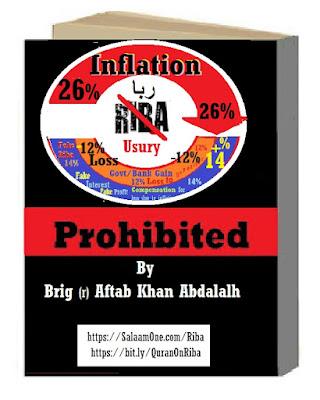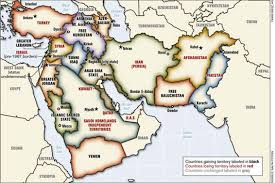Executive Summary
The Great Betrayal
Muslims on the Footsteps of Jews & Christians
The Great Betrayal - Executive Summary
Islam stands firmly upon two foundations: the divinely protected Quran and the authentic, mass-transmitted Sunnah of the Prophet ﷺ. While the Quran's preservation is guaranteed by Allah (15:9), Hadith narrations require careful scrutiny due to their varied authenticity levels. The Prophet ﷺ explicitly prohibited writing his sayings, commanding: "Do not write anything from me except the Quran" (Sahih Muslim 3004), a prohibition maintained until his death and followed by the Rightly-Guided Caliphs. There were few exceptions (around fifty) but many refusals including Abu Hurara (RA) and many scholarly companions, who followed ban till death, which confirms the permanent nature of ban.
Two primary theories explain this prohibition. First, early Muslims feared mixing Hadith with Quranic revelation, though historical evidence shows this concern was secondary. The more critical reason was preventing the creation of rival scriptures, as happened with Jews (Talmud) and Christians (New Testament). Despite this, later generations compiled over 100 Hadith books, mirroring the very deviation the Prophet ﷺ warned against. The Companions, including scribes of revelation like Zaid bin Thabit, strictly adhered to writing only the Quran, understanding the danger of elevating other texts to near-scriptural status.
The post-prophetic era saw a gradual shift. Political and theological conflicts in the 2nd-3rd centuries Hijri led to mass Hadith compilation, with scholars later controversially classifying them as "unrecited revelation." This development paralleled Jewish and Christian practices of supplementing divine scripture with human writings. Notably, Imam Abu Hanifa, despite his mastery of Hadith, abstained from compiling them, honoring the Prophetic prohibition.
Today, the Muslim ummah faces a critical choice: continue following unauthorized Hadith collections that have fueled sectarianism or return to the Quran-centric approach of the Salaf. Reform requires reevaluating Hadith through Quranic criteria, utilizing modern verification tools, and abandoning the false narrative that the writing prohibition was temporary. As the Prophet ﷺ warned, attributing false sayings to him carries severe consequences. The path forward lies in upholding the Quran as the sole mandatory scripture and treating Hadith with appropriate caution, ensuring Islam's preservation as the Prophet ﷺ intended.
Brigadier Aftab Khan (R) has carried out thorough research on subject, read his articles on following websites:
https://Quran1book.blogspot.com (Urdu)
https://Quran1book.wordpress.com (English). Read more>>>>













